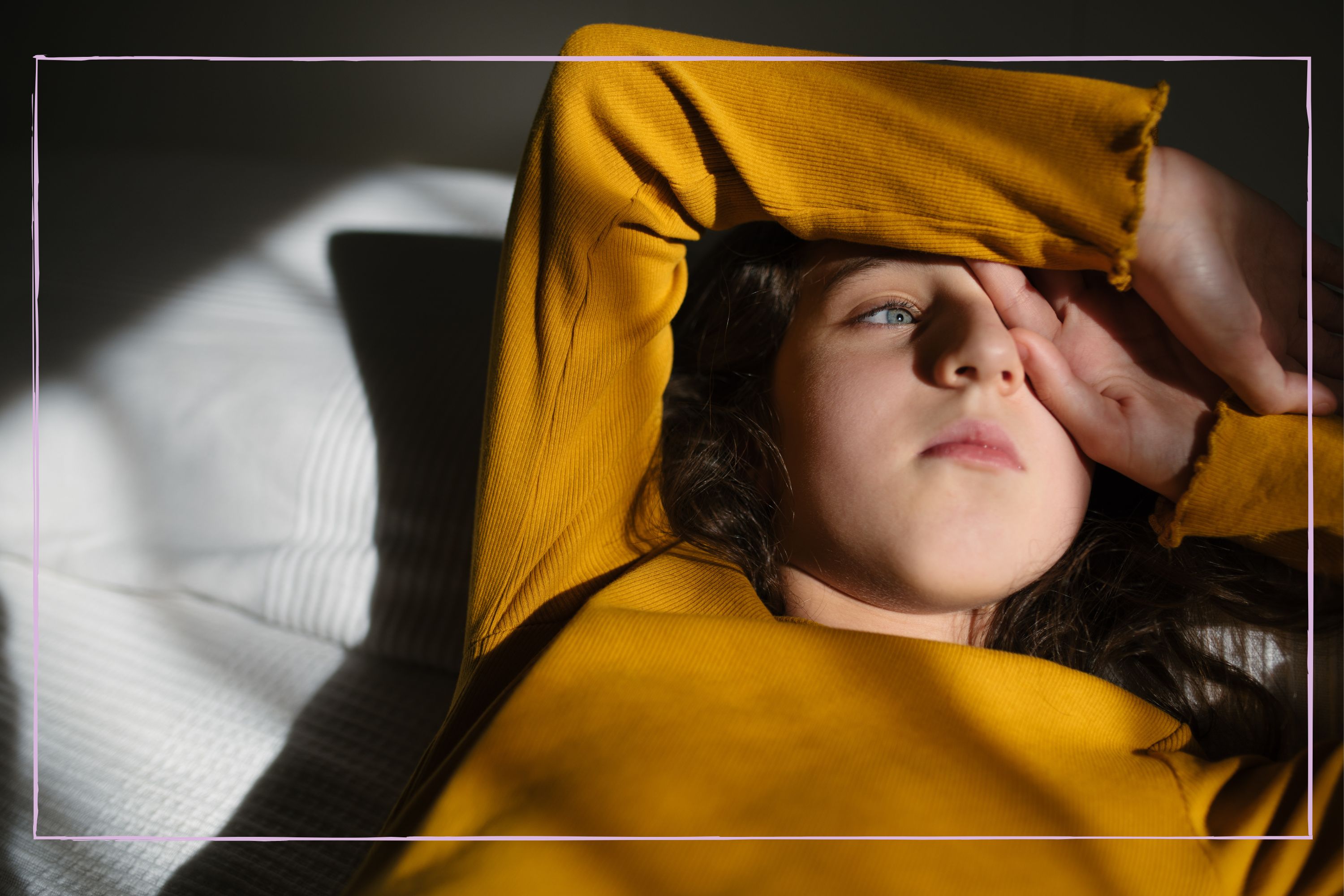Groundbreaking new research reveals surprising link between neurodivergence and chronic fatigue in kids
Is your neurodivergent child always tired? This new study might explain why

New research has revealed that children who show neurodivergent traits are twice as likely to experience chronic fatigue than their peers, with researchers saying it can 'dramatically decrease the quality of life' for certain kids.
Being the parent of a neurodivergent child can feel like an isolating experience, even though there are millions of kids around the world who share diagnoses. And it's true that there is more research on the topic now than ever before, with loads of insight about the signs of ADHD in kids we should be looking out for and the three different types of ADHD we all need to understand - but new research proves that there's still so much we just don't know about.
A new study conducted by Brighton and Sussex Medical School has found a 'significant link' between neurodivergence and chronic fatigue in childhood. The extreme tiredness, they've found, is likely caused by increased inflammation that's made worse by the heightened stress levels neurodivergent children feel simply navigating day-to-day life as they grow up.
Their results support previous research into chronic fatigue that have suggested the disorder is rooted in inflammatory processes.
But it's not just children who are diagnosed as being neurodivergent who are affected, they found, but many children who showed neurodivergent traits. In fact, those kids who do exhibit neurodivergent traits, like those associated with autism and ADHD, are twice as likely to experience disabling chronic fatigue by the time they turn 18.
The study's lead researcher, Dr Lisa Quadt, said of the findings, “Children with neurodivergent traits, diagnosed or not, often experience heightened stress, which is likely one reason for their increased inflammatory levels. Our study indicates that this may be a risk factor for developing chronic disabling fatigue, which dramatically decreases quality of life.”
The results have led Dr Quadt to call for better protocols around diagnosing, treating and supporting neurodivergent children. If these are put in place, the research suggests, life could be made less stressful, more manageable, and the impact of stress levels on fatigue may be reduced for kids.
Parenting advice, hot topics, best buys and family finance tips delivered straight to your inbox.
The new NHS online ADHD test may be one step forward in helping the problem, but the hardships faced by neurodivergent kids can be huge - so it's no wonder they're causing problems with stress and fatigue. For one, neurodivergent teens are often exposed to ‘repeated humiliation experiences’ according to a psychologist who has shared 6 ways they can thrive instead of survive. Plus, girls often go undiagnosed for years, leading one expert to share the 10 common signs of ADHD in girls and reveal why they often go ignored.
Charlie Elizabeth Culverhouse is a news writer for Goodtoknow, specialising in family content. She began her freelance journalism career after graduating from Nottingham Trent University with an MA in Magazine Journalism, receiving an NCTJ diploma, and earning a First Class BA (Hons) in Journalism at the British and Irish Modern Music Institute. She has also worked with BBC Good Food and The Independent.